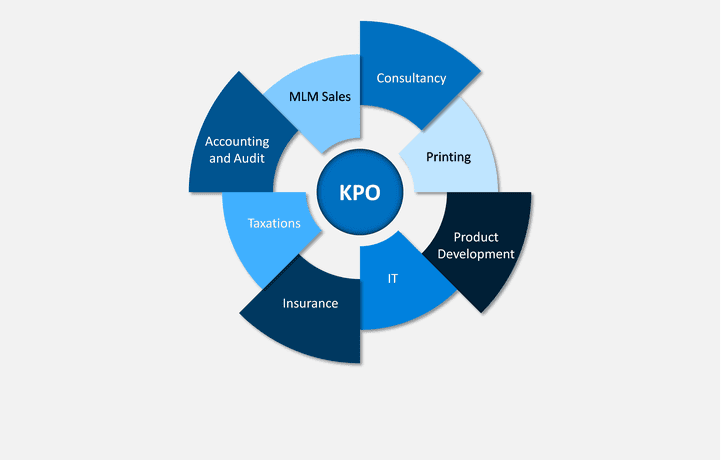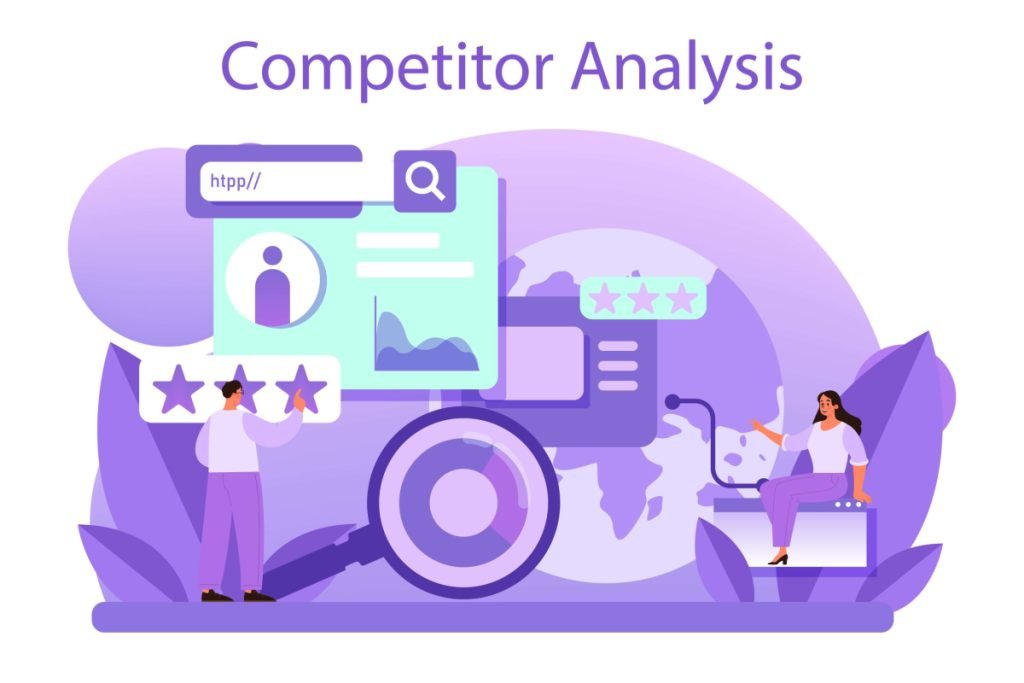Outsourcing refers to the practice of sourcing a business process or service to an external provider. This can include activities such as manufacturing, customer service, payroll, IT services, etc.
Currently, Outsourcing has become immensely popular among businesses due to a variety of factors including cost reduction, access to specialized skills, and improved efficiency. The primary purpose of outsourcing is to reduce costs and improve efficiency for a company.
- Cost savings
- Increased efficiency
- Access to expert knowledge
- The ability to quickly complete large-scale operations
By outsourcing certain activities to outside providers, companies can often reduce operating costs and focus resources on core competencies. Thus, it can lead to greater profitability and competitiveness.
In addition, outsourcing can provide access to expertise and skills that may not be available to businesses. Thus, enabling companies to improve the quality of their products or services. For example, outsourcing IT services to a vendor with expertise in a particular technology can help businesses stay current with the latest innovations and best practices.
Overall, outsourcing can be a vital tool for companies looking to streamline operations, reduce costs and improve their overall competitiveness. The purpose of outsourcing is to enable companies to focus on their core competencies while taking advantage of external expertise, technologies, and services to reduce costs and improve quality.
Purpose of Outsourcing

Reason why companies outsource are explained in detail down below:
- Cost Savings
One of the key advantages of outsourcing is cost reduction. Outsourcing certain activities or processes to an outside provider can often be less costly than hiring and training new staff or investing in new equipment or technology. Additionally, outsourcing providers can often offer economies of scale that can help drive costs down even further.
For example, a large outsourcing provider might negotiate better prices for raw materials or bulk purchases of software licenses, which could ultimately result in lower costs for the company.
- Access to Skilled Professionals
Another key benefit of outsourcing technical support is access to skilled talent. Outsourcing providers often specialize in specific areas such as IT services or accounting and have a wide range of qualified professionals with experience in these areas.
Outsourcing allows companies to access skilled talent, skills and expertise that may not be available in-house. This can help organizations stay current with the latest technologies and best practices, and can ultimately lead to increased efficiency and competitiveness.
- Increased Efficiency
Outsourcing can also help companies increase efficiency by streamlining processes and reducing waste. Outsourcing providers typically have well-defined processes and procedures in place to ensure tasks are completed quickly and accurately.
Additionally, outsourcing providers may have access to specialized tools or software that can automate certain tasks, further increasing efficiency. With outsourcing, organizations can often achieve the same results with fewer resources and less time, which can help improve the bottom line.
- Focus on Core Competencies
Finally, outsourcing allows companies to focus on what they do best. By outsourcing activities or processes that are not core suppliers to external suppliers, companies can free up their resources and focus on their core competencies the areas in which they can excel and add the most value.
Outsourcing can lead to better quality, innovation and customer satisfaction, as well as increased profitability and competitiveness. By focusing on what they do best, companies can differentiate themselves from the competition and build a sustainable competitive advantage.
Types of Outsourcing Services
Types of outsourcing services provided by the external service providers that outsourced by businesses are:
Business Process Outsourcing (BPO)

BPO involves outsourcing non-core business functions to a third-party provider. This can include tasks such as accounting, payroll processing, customer service, and human resources management. BPO can help businesses reduce costs, increase efficiency, and improve customer service by allowing them to focus on their core competencies.
By outsourcing non-core functions to external providers, businesses can often achieve the same results with fewer resources and less time, which can ultimately lead to increased profitability and competitiveness.
Knowledge Process Outsourcing (KPO)

KPO involves outsourcing knowledge-intensive business processes to a third-party provider. This can include tasks such as research and development, data analytics, and market research.
KPO can help businesses access specialized knowledge and skills that may not be available in-house, which can lead to improved innovation, decision-making, and competitive advantage.
By outsourcing knowledge-intensive tasks to external providers, businesses can tap into a wider pool of talent and expertise, which can ultimately help them stay ahead of the curve.
Information Technology Outsourcing (ITO)

ITO involves outsourcing IT functions to a third-party provider. This can include tasks such as software development, network administration, and cybersecurity. ITO can help businesses reduce costs, improve efficiency, and stay up-to-date with the latest technologies and best practices.
By outsourcing IT functions to external providers, businesses can access specialized knowledge and skills that may not be available in-house, which can help them achieve better results and avoid costly mistakes.
Manufacturing Outsourcing

Manufacturing outsourcing is the outsourcing of manufacturing and supply chain management functions to an external provider. This can include tasks such as assembly, packaging and logistics.
Manufacturing outsourcing can help companies reduce costs, improve efficiencies and ramp up production quickly. By outsourcing manufacturing functions to outside suppliers, companies can access skills and equipment that can help them produce high-quality products at lower costs.
Additionally, outsourcing manufacturing functions can help companies focus on their core competencies, such as product design and marketing, which can ultimately lead to greater profitability and competitiveness.
Conclusion
In this blog we have discussed in detail the purpose of outsourcing. We have explained the factors which are vitals for companies to outsource. Lastly, in this blog we have elaborated types of outsourcing services that are provided by the external vendors. We can conclude from this blog, outsourcing plays an important role both when companies are scaling and are scaled.







